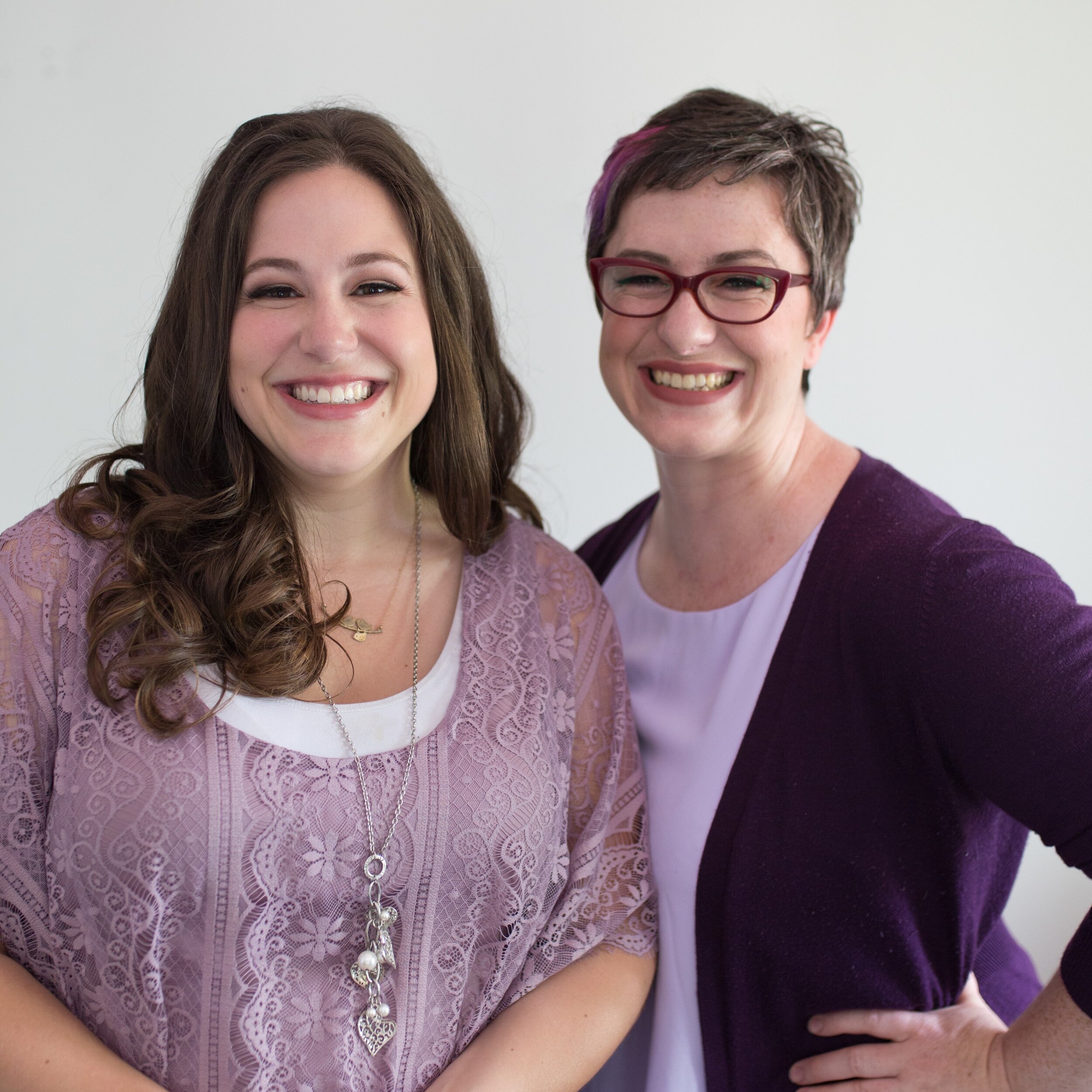Birth Geekery: Newborn laughter, Physiology of Pushing, and Autonomous Birth
Welcome to Birth Geekery, the blog series designed to put interesting, fun, USEFUL, and occasionally nerdy resources at your disposal.
Each post features two to three resources that I love and frequently share with our clients so that you can check them out too!
Image description: a Black parent with a beard and glasses holds a Black baby while leaning forward. There is sand in the background. They’re making eye contact and they’re both smiling.
RESOURCE #1
British researcher, Casper Addyman, has the best job - he gets to study baby laughter for a living. Unsurprisingly, baby laughter serves as a powerful source of human communication and connection. Curious to know what babies world wide think the funniest game is?
Have a read: Meet a scientist with a most delightful job: He studies baby laughter
RESOURCE #2
What happens once your cervix is fully dilated? You start pushing of course!!
Or do you? In this podcast episode of the Midwives Cauldron with Dr. Rachel Reed, RM, PhD, and Katie James, RM, IBCLC, learn why 10cm doesn’t mean much if you don’t have the urge to push and why some folks CAN start pushing even if they aren’t fully dilated.
You may also want to ask your care provider about their routine practices around pushing (ie is there a limit on how long they’re comfortable with you pushing without recommending an intervention?).
Have a listen: Pushing and cervixes
RESOURCE #3
What is autonomous birth? Where and when and how can you have an autonomous birth? What are your rights and responsibilities in accessing autonomous birth? Alberta midwife Lisa Cowdery dives into these questions and more.
If this is important to you, have you discussed with your care provider how comfortable they are supporting your autonomy in birth? Whether you have a midwife or an OB, it’s important not to make assumptions about the kind of care your provider is comfortable offering. Make sure to open these conversations early in your relationship to avoid being surprised when it’s go time.
Check it out: Autonomous Birth





